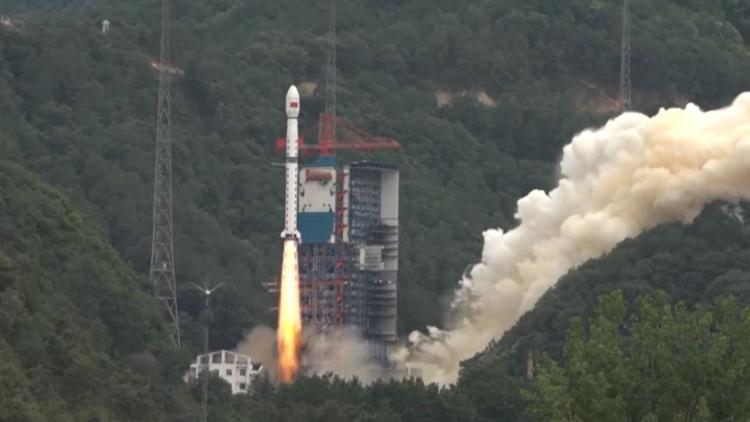Scientists Develop Microbe-Based Bioplastics to Combat Waste

Researchers at Murdoch University are making significant strides in addressing the global plastic waste crisis by developing innovative biodegradable plastics derived from native microbes. This initiative focuses primarily on the environmental concerns posed by single-use plastics in food packaging.
The urgency of this research is underscored by the alarming statistic that over 80 percent of food packaging in Australia ends up in landfills, often being non-recyclable. As a result, there is mounting pressure from both industry and consumers to seek environmentally sustainable alternatives.
The project is spearheaded by the Bioplastics Innovation Hub, a collaboration between Murdoch University and the Commonwealth Scientific and Industrial Research Organization, Australia's primary science agency. This partnership aims to create safe and effective substitutes for conventional plastics.
According to BIH Director Daniel Murphy, the objective is to develop plastics that not only degrade naturally but are also environmentally benign, ensuring they do not contribute to ecological harm.
The innovative process employed by the BIH involves utilizing specific strains of bacteria that can store organic molecules. These molecules can then be transformed into biodegradable plastics, which promise to offer a sustainable solution to the persistent issue of plastic pollution.
The focus on biodegradable plastics signifies a paradigm shift in how products are manufactured and disposed of, particularly in sectors like food packaging that are notorious for their environmental impact.
As research progresses, the team at Murdoch University is hopeful that their findings will pave the way for wider adoption of bioplastics and significantly reduce plastic waste in landfills.
This bioplastic initiative represents a crucial step towards achieving a circular economy where materials are reused and recycled, ultimately decreasing the reliance on traditional petroleum-based plastics that contribute to long-term environmental degradation.
Read These Next

China successfully launches Shiyan-28B 01 test satellite
China launched the Shiyan-28B 01 test satellite from Xichang, enhancing its space exploration and technology testing capabilities.

Breakthrough in Solid-State Lithium Battery Tech Enhances Energy Solutions
A commentary on the breakthrough in all-solid-state lithium batteries using neutron technology to improve understanding and performance, highlighting its significance for energy storage and technology innovation.

Trump Calls for Intel CEO Resignation: Governance and Security
An in-depth look at the implications of Trump’s call for Intel CEO Lip-Bu Tan’s resignation due to alleged ties with China, examining the intersection of corporate governance and national security in the tech industry.
